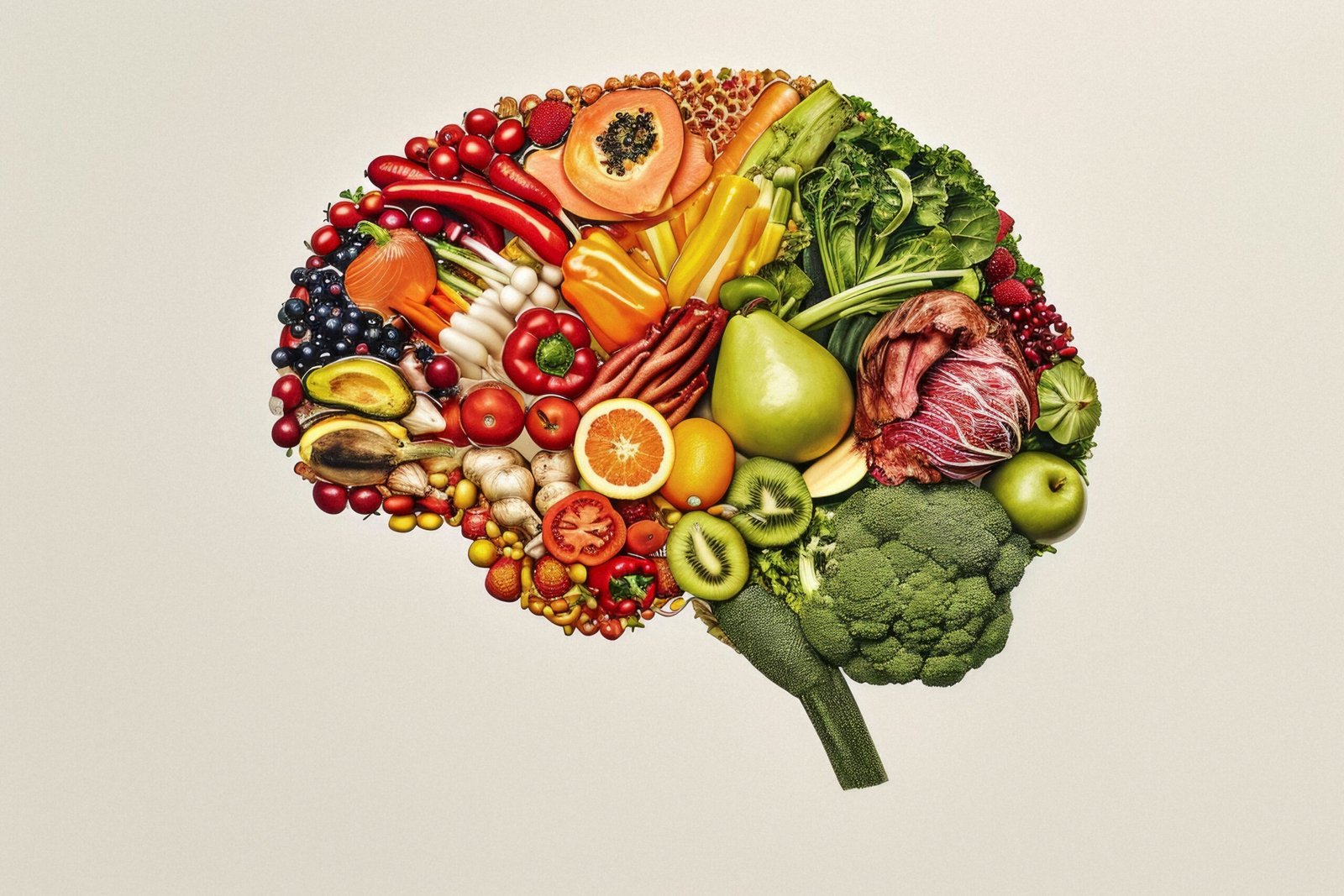Our second question in our parenting survey reinforces a powerful and concerning theme: energy depletion is not occasional, it’s systemic. A staggering 72% of parents experience significant energy dips by mid-afternoon, just as their kids need them most. Only 1 in 10 parents report feeling steady and energised. This isn’t just about tiredness; it’s about a mismatch between daily energy cycles and parenting demands.
Survey Insight: What Parents’ Energy Levels Reveal About a Health Crisis Hiding in Plain Sight
If parenting is a full-time job, most parents are clocking in with an empty tank. The latest results from FiiHii’s May 2025 survey don’t just confirm that parents are tired, they show when they’re running out of steam and why it matters more than we realise.
Let’s break down the energy data and what it reveals about the daily health burden facing families.
1. 45% of Parents Say They’re Drained by Mid-Afternoon
This isn’t just an “afternoon slump.”
By 2–3pm, nearly half of all parents report being completely drained.
This happens before the evening shift of parenting even begins: the school run, post-school snacks, sibling arguments, afterschool activities, dinner, bath, and bedtime. That’s arguably the most emotionally demanding part of the day and parents are already running on empty.
This chronic depletion impacts:
- Emotional regulation and parenting patience
- Meal choices (hello, ultra-processed dinner shortcuts)
- Sleep onset and quality (stress and exhaustion ≠ restful sleep)
Key takeaway: Parents are burning out before they’ve done half the parenting.
2. “Wired But Tired” and “Bursts Then Burnout” – Signs of Dysregulated Energy
Another 44.9% fall into patterns of:
- Wired but tired (26.3%) – A state often driven by caffeine, poor blood sugar regulation, and high cortisol
- Bursts followed by burnout (18.6%) – Classic signs of overextended nervous systems alternating between fight-or-flight and crash
These responses point to deeper physiological misalignment, often tied to:
- Skipped meals or unbalanced nutrition
- Poor gut health (especially low-fibre diets)
- Sleep fragmentation
- Chronic stress and dysregulated circadian rhythms
It’s not just a lack of sleep. It’s a lack of resilience.
Key takeaway: Energy instability signals nervous system dysregulation, not just fatigue.
3. Only 1 in 10 Parents Feel Steady and Energised
Just 9.4% of parents reported feeling “steady and energised” throughout the day.
That aligns almost perfectly with the 10.7% in Q1 who said they felt “in control and energised” as parents. These aren’t isolated data points, they’re two lenses showing the same crisis: a vast majority of parents are unable to sustain physical and emotional energy, day after day.
Here’s the controversial but evidence-backed take:
This is not a time management problem. It’s a metabolic one.
Energy crashes are symptoms of deeper biological imbalances, blood sugar volatility, gut dysbiosis, micronutrient depletion, poor fibre intake. And most parents don’t need more coffee, they need more stability.
Research backs this up:
- A 2020 review in Frontiers in Nutrition showed that fibre-rich diets are strongly correlated with better glucose control and lower fatigue.
- The gut-brain axis plays a key role in managing daily energy rhythms, especially via short-chain fatty acid production, something that only happens with adequate prebiotic fibre (Silva et al., 2022).
Key takeaway: Energy isn’t just about rest, it’s about what (and how) we fuel.
Final Thoughts: Parents Aren’t Failing — Their Fuel Systems Are
When 72% of parents feel depleted before the day’s hardest moments, we need to stop asking, “Why can’t I keep up?” and start asking, “What’s wrong with the system that expects me to?” The answer is not more caffeine, more productivity hacks, or hustle culture.
The answer is foundational health. Fibre. Blood sugar balance. Gut support. Real food. Real rest.
5 Key Takeaways
- 72% of parents hit an energy wall by mid-afternoon, before peak parenting hours.
- “Wired but tired” and “burst-then-crash” patterns are signs of deep dysregulation.
- Only 1 in 10 parents feel consistently energised, mirroring control and wellbeing stats.
- The problem isn’t laziness or bad routines, it’s biological misalignment.
- Fibre, gut health, and steady fuelling are crucial to reclaiming energy and emotional presence.
Want real solutions for real fatigue?
Subscribe to the FiiHii newsletter for science-backed strategies on fuelling your parenting energy from fibre-rich meal ideas to gut-health hacks that actually work. Parenting doesn’t have to mean depletion. Let’s rebuild the foundations together.





